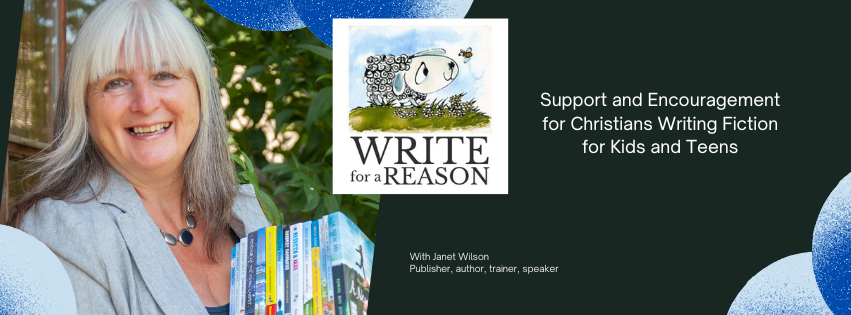I have a very interesting writing tip for you today.
One of our Writers for a Reason Unite members asked me about writing dialogue. Should he say, ‘I would like’, for example, or shorten it to, ‘I’d like’.

There are so many of these in the English language, aren’t there? I won’t, he shouldn’t, he isn’t, they’re not, I’d...and lots more!
Of course, you could say, He will not, he should not, he is not, they are not, I had… and so on.
So, to answer this great question, when you’re writing dialogue, the shortened form is generally more readable. It keeps the pace flowing, and sounds more like real speech (which is the aim of dialogue, right?).
The same thing applies to pretty much every other similar occasion when characters are speaking to each other. I had been thinking becomes I’d been thinking. I will go becomes I’ll go. I will not go becomes I won’t go.
The longer form would usually sound stilted and unnatural.
However, there are exceptions.
- If it’s a pompous/formal speech or character, I would like is perfectly acceptable.
- If the emphasis is on one of the words, eg. ‘I would like… ’ Or I will not go…’ sticking to the long form makes sense.
Finally, if you are writing the whole of your story in the first person, what do you do? Well, the choice is yours, but you need to consider:
- How your protagonist would speak.
- What would resonate best with your readers.
If your protagonist is a young person, you’ll almost certainly be using the short form pretty much all the time. But the choice is yours, of course!
Trust that helps!
Have a great writing week,
Janet
P.S. If you’d like to be able to ask me questions about your writing, join our membership group! We’d love to see you there. 🙂
